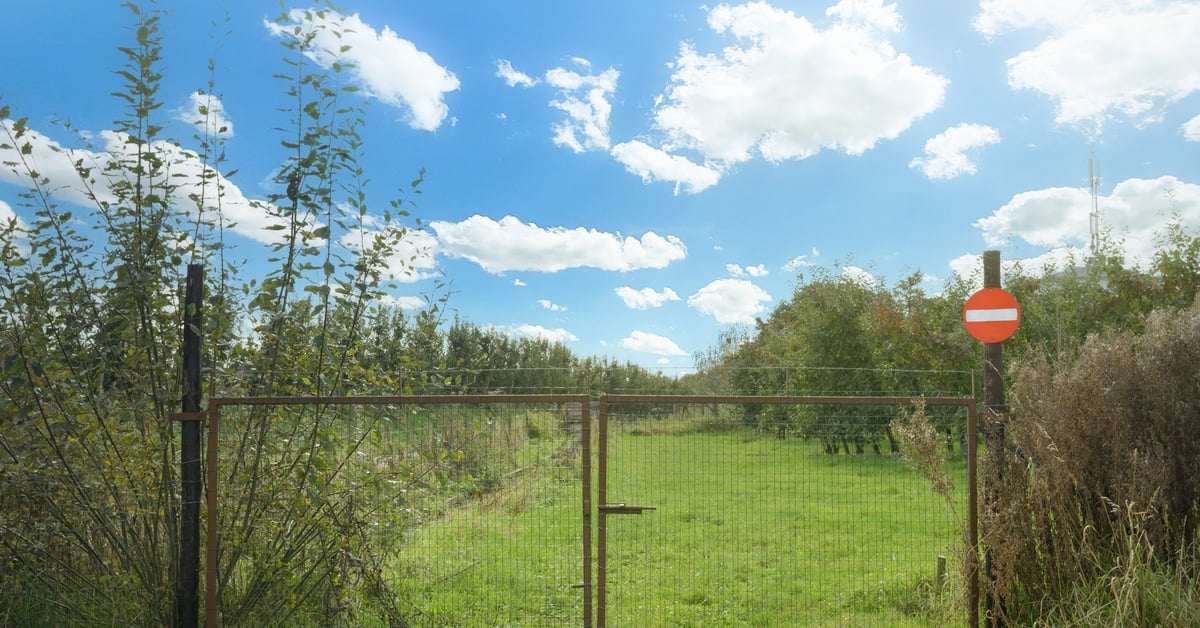What To Consider Before Buying Rural Land
July 7, 2025 8:33 am PST

Purchasing rural land can be an exciting and rewarding experience for anyone entering the real estate market or seeking an investment opportunity. Rural properties are ideal for farming, recreational activities, or building a dream home far from bustling cities.
However, learning what to consider before buying rural land is essential because it’s very different from buying urban or suburban properties. You must carefully analyze the land’s characteristics, potential uses, and requirements to make a well-informed decision.
Understanding these factors ahead of time will help you avoid costly oversights and empower you to make a confident and strategic decision. Whether you’re a first-time buyer or an experienced investor, with the right information, you can ensure that rural land becomes a valuable and fulfilling investment for your future.
Land Usage and Zoning Regulations
Zoning laws dictate how you can utilize your property, specifying whether activities such as agriculture, construction, residential development, or recreational use are acceptable. Thorough research into these regulations is important, as it helps avoid unforeseen legal or operational complications. It’s essential to confirm that local zoning laws and deed restrictions do not conflict with your vision for the land, whether your plans include farming, hunting, building, or something else.
Consider how factors such as easements, protected areas, and environmental guidelines may impact your ability to develop or utilize the property. Evaluating the property’s natural features and these regulations will further clarify its suitability for your goals. A comprehensive understanding of these elements allows for more informed decision-making and long-term satisfaction with your investment.
Location and Accessibility
The location of rural land is one of the most critical factors in the buying process. Consider proximity to essential services, such as hospitals, schools, and grocery stores, which can significantly impact convenience and daily life. Also, ensure the land is accessible year-round, even during adverse weather or seasonal changes.
Evaluate how close the property is to main roads or public transportation routes, as these can greatly impact travel. Verify whether access involves private roads or shared easements and whether legal agreements are in place. These details can prevent complications after purchase and enhance long-term usability.
Soil Quality and Environmental Factors

If agricultural use is a priority, assess the soil quality and fertility of the land to ensure optimal conditions for growing crops or maintaining livestock operations. Hire a soil expert to test and analyze factors like drainage capacity and nutrient content.
Environmental factors, such as water availability and potential for erosion, are also very important to consider. Researching these aspects ensures the land meets ecological needs while preserving its long-term sustainability.
Water Rights and Availability
Access to water can significantly impact the value and functionality of rural land. Confirm whether the property has reliable natural water sources, such as a creek, river, or lake. In addition, determine whether the land comes with established water rights and whether additional permits are necessary to utilize specific water resources.
Another consideration is the availability of municipal water connections or the feasibility of installing a well. Understanding these details will equip you to manage water needs comprehensively after purchasing the property.
Utilities and Infrastructure
When evaluating a property’s infrastructure, assess the availability and quality of basic utilities, including electricity, gas, water, and internet connectivity. These amenities are essential for daily convenience and can significantly impact the overall quality of life in the location. If utilities are not available, factor in the costs and timelines associated with installing or extending them.
Beyond utilities, evaluate the condition of roadways to the property, ensuring easy travel and reliable connections to maintenance, emergency services, and essential facilities. Proper infrastructure greatly enhances the comfort, functionality, and long-term value of the property.
Cost of Ownership
When investing in rural land, it is essential to consider all ongoing expenses beyond the initial costs. Here is a breakdown of key costs to keep in mind:
- Property taxes: Assess the annual property taxes, and ensure they fit within your long-term budget.
- Maintenance costs: Regular expenses, such as repairing fences, clearing weeds, or maintaining water systems, can add up over time.
- Insurance: Protecting the land with appropriate insurance is another recurring cost that you must consider.
- Other expenses: Additional costs may include equipment for property management, legal fees, or hiring specialists for land surveys and evaluations.
Environmental Restrictions and Conservation Easements

Conservation easements are legal agreements that restrict development or specified uses on the property. If these apply to the land you’re considering, they could limit the range of activities allowed. Understand the terms of any existing easements before proceeding.
Environmental restrictions, such as a flood plain designation or protected habitat, might also apply to rural land. Awareness of such conditions can prevent unexpected challenges and confirm the land’s suitability for your plans.
Economic Potential and Value Growth
Consider the economic potential of the property, whether for agricultural income, recreational opportunities, or future appreciation. Research regional trends, such as land value growth, to gauge long-term potential for profitability. Target areas with thriving demand for the best Colorado land for sale or comparable opportunities in states that have future potential and possibilities.
Collaborating with real estate professionals familiar with the area can guide projections. Factor in development trends, such as new infrastructure projects, which can increase land value over time and enhance the value of your investment.
Boundaries and Legal Documentation
One of the main factors to consider before buying rural land is the property’s boundaries. You must accurately define the property’s boundaries by consulting a professional surveyor. A survey can clarify discrepancies, ensuring you understand the precise limits of your investment. Proper documentation ensures a smooth ownership transfer and helps avoid future legal disputes.
Verify that the property has a clear title with no unresolved liens or legal complications. Confirm all official paperwork carefully to prevent delays in the purchasing process.
Compatibility With Your Vision
Consider how the property’s features, such as its topography, soil quality, accessibility, and climate, align with your intended purpose, whether it involves agricultural operations, residential plans, or recreational activities. Examine how these characteristics align with your immediate and long-term objectives. Visiting the property in person can provide vital insights, allowing you to visualize its potential and identify any limitations that might arise.
Working with professionals, such as real estate agents, land surveyors, or environmental experts, can clarify whether the property aligns with your expectations and aspirations. Thorough planning minimizes the risk of disappointment post-purchase, setting the foundation for successfully turning your vision into reality.
By carefully evaluating factors such as location, zoning regulations, land conditions, and alignment with your goals, you can minimize risks and ensure the property meets your needs. Taking the time to research, seek professional guidance, and inspect the property in person will help you uncover potential challenges and highlight the opportunities the land presents.
Remember the importance of patience and due diligence throughout this process, as a careful choice can transform your investment into an asset. The key to a successful land purchase lies in balancing practicality with your vision, paving the way for a rewarding future.


